Israeli scientists work to save the country’s coastline from rising tides

As the sea level rises and human interference continues, the Israeli coast will experience more intense flooding, disappearing beaches, and intensifying coastal erosion.
Antarctic ice sheets capable of retreating up to 50 meters per day
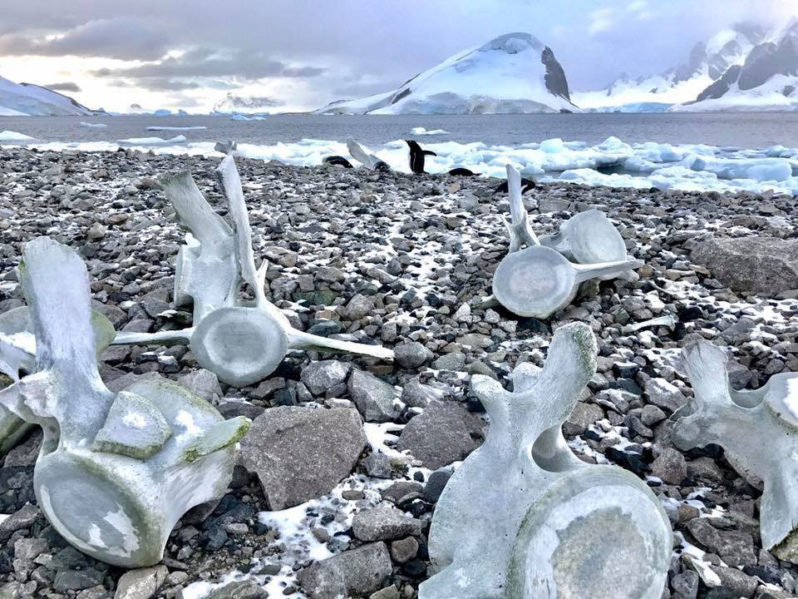
The ice shelves surrounding the Antarctic coastline retreated at speeds of up to 50 meters per day at the end of the last Ice Age, far more rapid than the satellite-derived retreat rates observed today, new research has found.
Climate concerns as Siberia experiences record-breaking heat

One of the coldest regions on earth has been experiencing a record-breaking heat wave in recent weeks amid growing fears about devastating wildfires and melting permafrost.
Put ‘super beachfront’ lots off limit
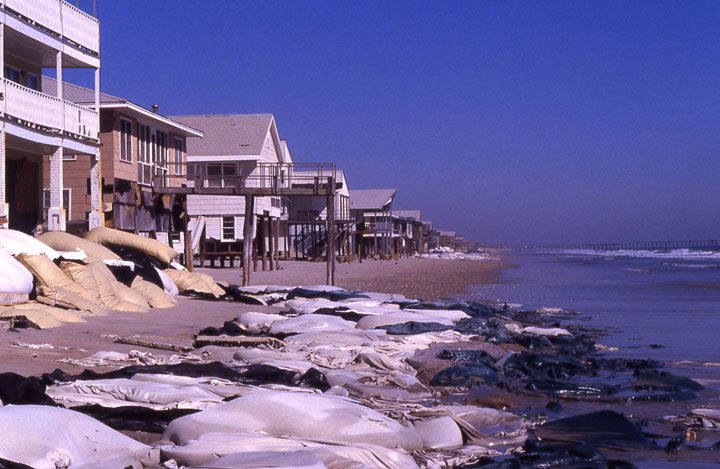
Super beachfront lots, many platted in the 1940s and ’50s, are properties that were reclaimed by the ocean but have since re-emerged, thanks to taxpayer-funded beach renourishment.
Modern sea-level rise linked to human activities, Rutgers research reaffirms
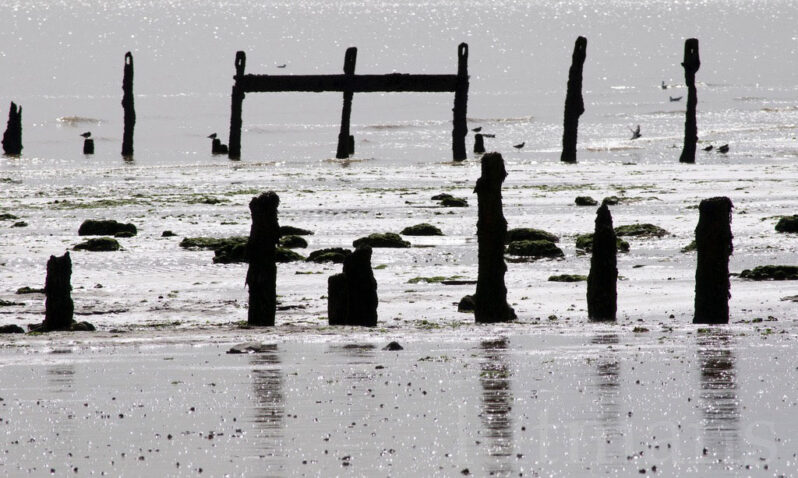
New research by Rutgers scientists reaffirms that modern sea-level rise is linked to human activities and not to changes in Earth’s orbit. The paper reconstructed the history of sea levels and glaciation since the age of the dinosaurs ended.
Editorial: Oppose barrier island development, South Carolina
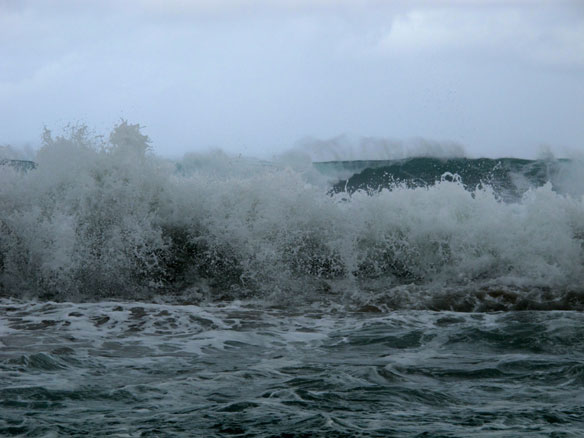
A $100 million project for a high-end resort on Bay Point Island didn’t meet Beaufort County’s definition of “ecotourism” in December. But now they do.
Sea levels could rise more than a metre by 2100, experts say

Sea-level rise is faster than previously believed and could exceed 1 metre by the end of the century unless global emissions are reduced, according to a survey of more than 100 specialists.
New report: coastal adaptation against sea level rise makes economic sense

A new study underlines that coastal adaptation measures can protect Europe’s communities from coastal flooding while also being economically efficient.
Fortress Charleston: Will Walling Off the City Hold Back the Waters?
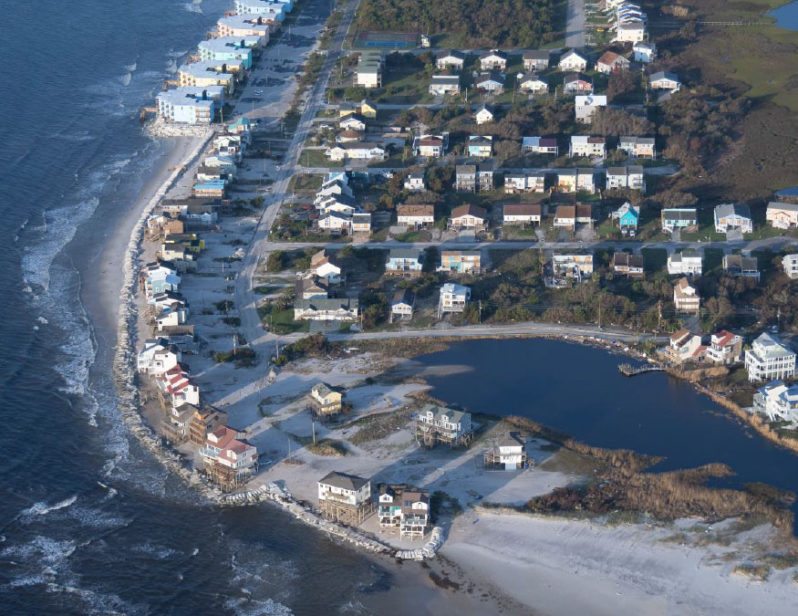
Officials in Charleston, South Carolina have endorsed a $2 billion plan to wall off the historic downtown from rising seas and surging storms. It is the latest in a growing number of extravagantly expensive seawalls and barriers being proposed to defend U.S. coastal cities.
